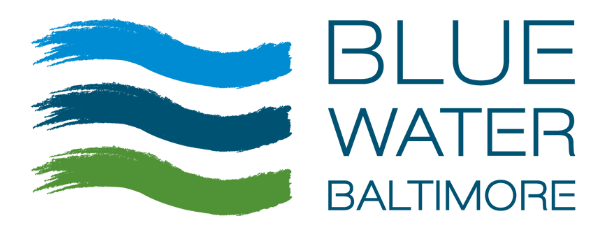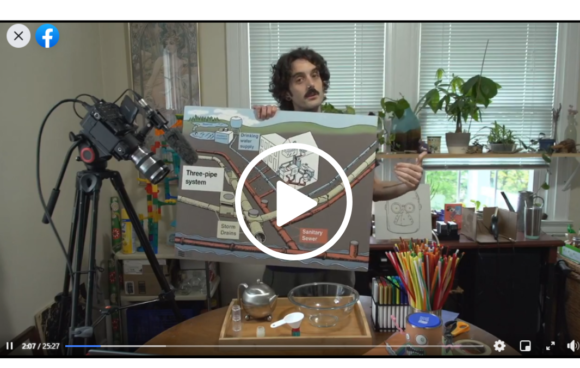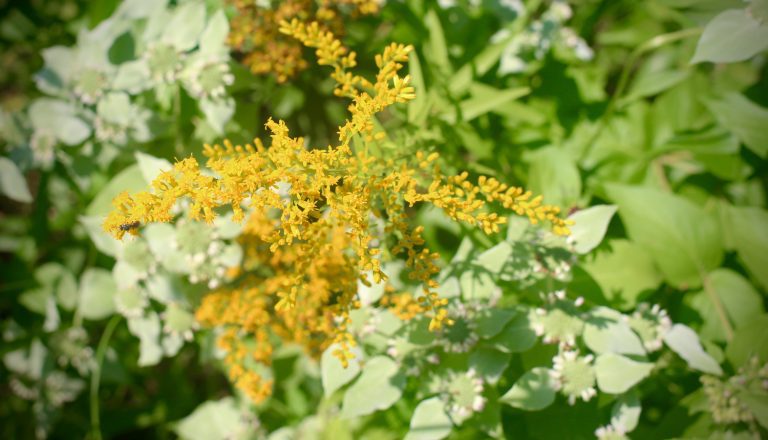Celebrating 2020: Ecoliteracy & Education
 We’re cruising down 2021 with 2020 in the rearview, and though the road was tough, Blue Water Baltimore’s Ecoliteracy Team had plenty of triumphs along the way. Hop in while we take a tour of ecoliteracy excellence in 2020!
We’re cruising down 2021 with 2020 in the rearview, and though the road was tough, Blue Water Baltimore’s Ecoliteracy Team had plenty of triumphs along the way. Hop in while we take a tour of ecoliteracy excellence in 2020!
Gone Virtual
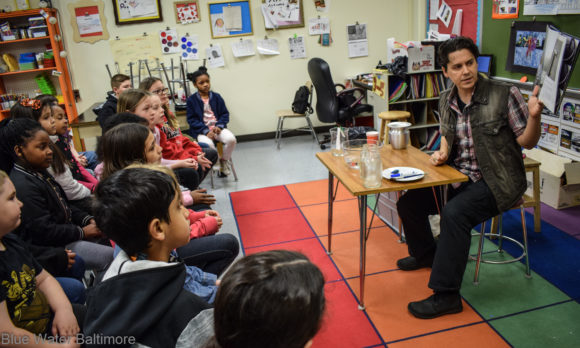
Prior to last year, Blue Water Baltimore did not offer any virtual programming, which is wild to think about considering our new “normal”. All of our educational programs used to be delivered in classrooms or out in the community, and as much as we miss delivering programs in-person, we’ve learned that we can reach a much wider audience by offering our programs online.
Many of our workshops are experiential in nature, so they take creative thinking and experimentation to translate into virtual offerings. To make our programs more interesting for people watching them on screens, we had to develop some new skills to engage with audiences in novel ways. Storyboarding, shooting, and editing short videos has aided our Ecoliteracy Programs in going virtual, and they are proving to be an easily accessible tool for classrooms and students learning from home. With what we have learned, we intend to continue translating and offering our Ecoliteracy Programs virtually, as well as in-person post-pandemic.
Learn more about our programs and workshops at BlueWaterBaltimore.org/ecoliteracy-programming!
F.O.G. Monster Mash Workshop
We are especially proud of our new virtual F.O.G. Monster Mash Workshop. In the workshop students turn ordinary used soup cans into monsters that “feed” on fats, oils, and grease (F.O.G.) that may otherwise go down the drain. Many Baltimore residents unintentionally damage the pipes in their home and throughout the city each time they dispose of F.O.G. down their drains.
F.O.G. is a liquid when heated for cooking, but it hardens when it cools. Once this F.O.G. builds up along pipe walls, it can have monstrous effects and cause backups, sinkholes, and fatbergs. By getting rid of F.O.G. Monsters in the trash rather than the sink, Baltimore residents can help protect our pipes, homes, and waterways
Learn how to make a F.O.G. monster from home with John!
Native Pollinator Garden Workshop
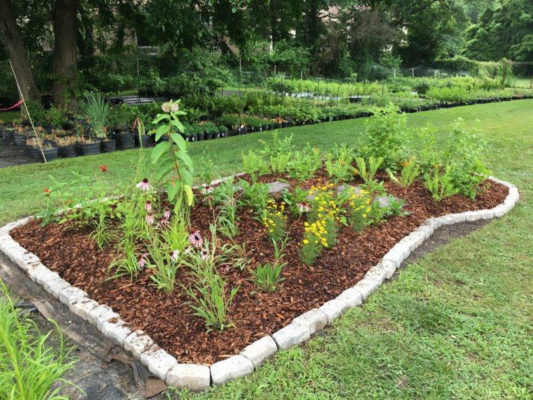
We are also very excited about our newly offered virtual Native Pollinator Garden Workshop. This workshop walks folks through the design process of turning a section of their yards into a thriving mini-ecosystem. Beyond beautification, the main purpose of a native pollinator garden is to feed pollinators, which play such a vital role in feeding us. This session is ideal for garden clubs and neighborhood associations — a special version is also available for educators interested in integrating pollinator gardening into their school curriculum.
Check out native plants, including native pollinators, at Blue Water Baltimore’s Herring Run Nursery.
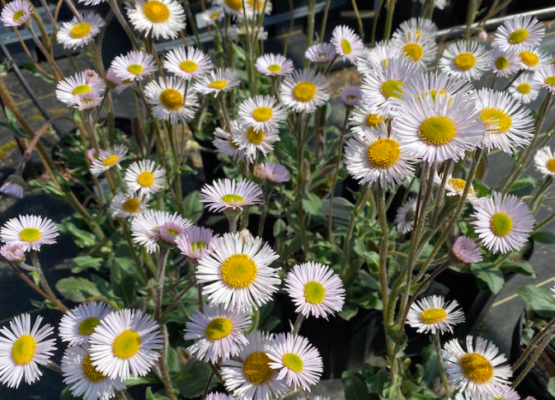
A very special thank you goes out to all of our school, university, and community partners that patiently worked with us as we re-tooled Ecoliteracy Programs into virtual formats, including Shannon Light, of Human Being Productions, who graciously helped record educational workshops. Lastly, we want to thank supporters who have gifted us a variety of education supplies from Blue Water Baltimore’s Amazon Wishlist. We couldn’t have made this trip without you!
